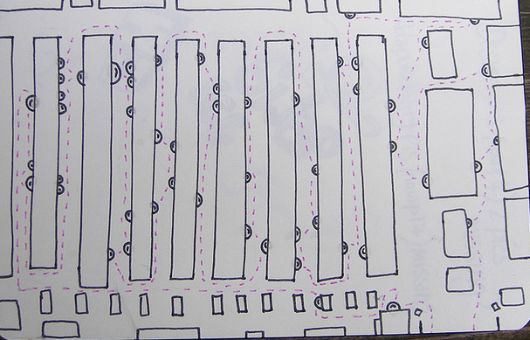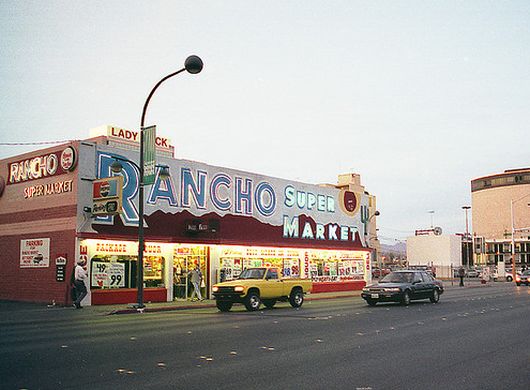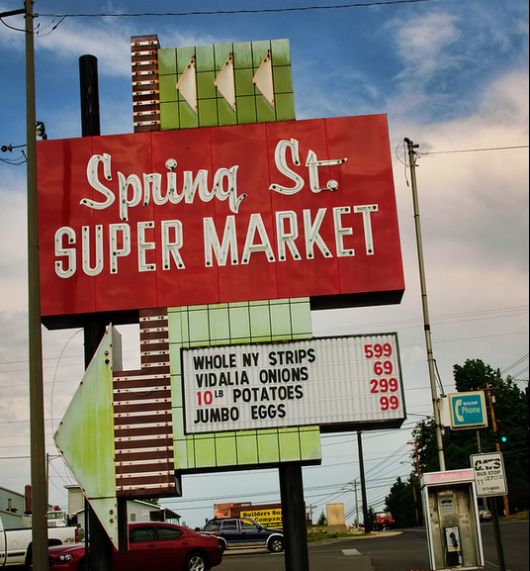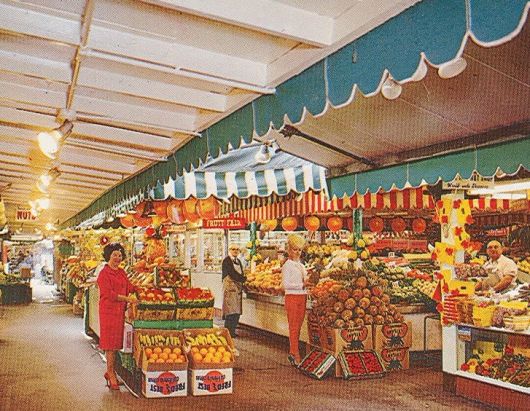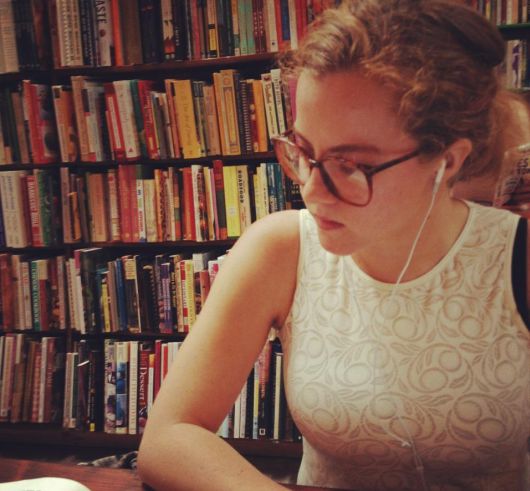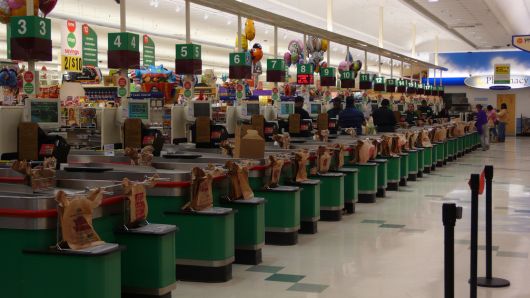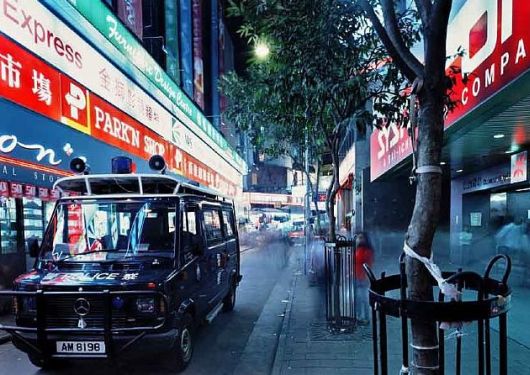
Of My Own Accord
by BRITTANY JULIOUS
I
In my parents’ home in the suburbs, after a stranger held me down and sexually assaulted me on the train, leaving a literal trail of his destruction on my black velvet skirt and long brown legs, I thought about how, a month and a half earlier, I would have been sitting through a long meeting at work at that exact time. I would have been keeping notes and shaking my head in disagreement and thinking about all of the things I wished I was doing instead of being at work.
A temporary pleasure would have been the ride home on public transportation with the knowledge that the day was officially over. That despite being crammed in an oversized bus rolling slowly down Chicago Avenue past the quiet, industrial warehouses of Goose Island and the quaint Cuban restaurants and the abundance of taquerias, I was near my own little home. But instead, I was alone and it was the middle of the afternoon and I was there, a foreign place, the quiet of mid afternoon.
Instead of being in the office, I am out and about in the world, trying to make sense of my decision. I always thought I would leave my job of my own accord after finding the next perfect thing. But I didn't and I couldn't. Life has never worked out the way I wanted it to and instead, I've had to recreate the things I want for myself haphazardly, shoddily, without a clear idea of what comes next and what the end product or idea or goal will look like.
I made the choice to leave, and the weaker part of me thinks that all of this, even the worst (which I've thrown out in the beginning of this essay to give it less stature than it had these last six weeks) was meant to happen for a reason. I don't know if it made me stronger, but it did make me more curious about the distance between the world in our minds and our realities. I have a few more weeks of playing into the fantasy of my imagined self before reality settles in. I am getting prepared. But hopefully, that won't be an issue.
II
I didn’t realize how much I would be alone when I left my old job. I met some of the greatest people I will ever know and some of the worst imaginable. I fell in love. I was challenged. But I also had to challenge myself. That had never been my reality.
I forgot how much I relied on the consistency of 9-5 to get me through the moments when I am alone, and life does not feel as warm and welcoming as it should. But it settled in soon enough and I began to notice the things around me more profoundly: the dusty covers of my myriad of books, the old containers of food in my refrigerator, the piles of laundry that were organized at some point, but only occasionally attended to during the workweek.
I am the only one responsible and accounting for my life outside of an office. This thought used to cross my mind, but not consistently. Now I think about it constantly. You are responsible for these tasks and these things and where you are, even if you resist again and again.
I live alone and always have. The older I am, the more I profoundly recognize that aloneness. Age asks of us the ability to connect with the few. It asks us to move on.
A night out never feels like enough.
Conversations have changed from, “You will be fine,” to, “What are you doing all day?” These are my friends.
I have friends who have it all and friends who are so hungry, literally. I have friends who only want the things that will give them more. I have friends who create and look at the things around them and wonder if any of it will matter.
Living alone never felt so alone. I enjoyed being able to come home to just myself. But now it is just me all of the time. You are forced to confront things about yourself that were easier to push aside because there was another impenetrable force weighing heavily on your shoulders.
 photograph by dieter rehm
photograph by dieter rehm
Sometimes I leave the house just to go to a store just to talk to someone. When you are emotionally unhappy, you cling to people who make the day better. When I ended a relationship earlier this year, I found comfort in my friends at work. Each night was lonely, but I had something — people — to look forward to everyday. Now it’s just me. That’s a lot to process. I am burdened with my own thoughts and actions. Everything is bottled up for when we are free. By then, nothing feels as grave, but also nothing feels as relevant.
I spend a lot of time in The Winchester, a local restaurant and cafe near my apartment. I’ve made acquaintance with the cafe’s employees. This is something I always do at places I like to frequent. Creating and recreating home feels necessary in a city. There are so many people here. What I need is to make sure I have found a slice of life that challenges me greatly, but also wraps me gently like my grandmother’s arms. I need to know that I can create something for myself, even if it is just a routine. I always say “Hello!” I love a good “Hello!” Talking online is not the same thing. Anyone that says so is lying. I have always been the sort of person that can’t stay in my head for two long. I slip easily into a trail of thoughts. What started off as a question in my mind morphed into a worry, a panic, a terror.
After ending a relationship, I relied on the comforts of familiar faces, people and friends I could trust. What I knew is that they would be “there,” if only because they were required to do so.
You form family and bonds out of strife. You connect with people because you need something greater than your current situation and because that stability is a life force.
I know now that there is always something to believe in during times when we think there is nothing. Life can never be black and white.
What I miss most is the compulsion to speak, the knowledge that I was heard. Everyday, I came to work and spoke to my friends and then began my day. Every moment the night before was a chance for rapturous summary. It was not about what happened so much as the need to engage with others, if only temporarily.
III
After a couple of weeks, my next instinct was to read one of my favorite books. I wrote that when you are lost, you should return to the works that changed your life. I don’t think it’s cliche. Favorites exist for a reason. Seeing is specific. My world is constantly informed and shaped by the voices I once knew and now hold in high, distant regard.
I pulled out my copy of Marguerite Duras’ The Lover. It is beat up, truly. The cover tore off of the seam at some point. I found it in between a stack of bills I stuffed in my black leather backpack. It fit in well, just another thing I didn’t take care of in time and must now face the consequences.
Pages are dog-eared with gusto, especially in the beginning. Despite what other people say, that is when I am most engaged with a book. I feel the need to pay attention to every page and every line. It assures me whether to keep reading. After that, the words and plots almost bleed into one another. The story situates itself in my mind. I don’t need to pay attention to everything. I am in it, completely.
 photograph by dieter rehm
photograph by dieter rehm
Like a job, the diction becomes familiar. I have developed a routine, gotten used to these people, felt connected to the ins and outs of the author’s words. I have read more now than I have in months. It is not because I am free, but because my mind craves that familiar structure of one page after another, one day after another.
I have written all over the margins and formed the basis for essays along Duras’ own thoughts. “That reminds me…” I will usually begin.
I go out more now than I ever did before. The absence of a full-time schedule makes even the most mundane of activities enthralling. I’m revisiting museums, becoming acquainted with their layouts like old friends.
I found the above paragraph written in my half-print, half-chicken scratch while getting ready for another reread. It was written the last time I lost a job, in the summer of 2010. I had a lot of hope. I saw a bright side.
But now, half of the time, I don’t even know what I am applying for during the day. I am more concerned with action than specifics.
IV
I don’t want to be back there. I wish I could tell you what I went through, how I was broken, how I am still broken. A bad situation will continue to sneak up on you for days and weeks and months and years to come. I’m learning that for sure.
I feel betrayed by myself. We have ideas of ourselves and then we have the reality. My goal has always been to combine the two, or to discover that they are one in the same. I would want to be complex, yet valuable or perfect. To know that one outweighs the other, that one practically dominates the other, feels like a failure.
You will end up someplace better. I hate when people say that. Will I? For most people, that is not the case. The things we tell ourselves and our realities are two different things. I would prefer coldness. Shit is scary.
And DAMN IT! Maybe they were right. Maybe they were right all along. If I was in a place of emotional greatness, I don’t know if I would have been able to dig deep into my words. I don’t know if I would have kept writing just to write just to let it flow just to find some relief.
I expected to be able to create all of these pieces as a writer now that I have so much free time, but instead, I feel stunted and scared. It is easier to believe in your voice when the stakes are low. I always had something in the background to sustain me if a thought was rejected. Now it is just me, open and raw.
V
I used to tell people my quarter-life crisis started early. I moved out of my parents’ home at 23 and into an apartment that felt wrong immediately and never quite got better. The following summer was quiet and the winter lonely. I fell in love with a man who, from the beginning, made it explicit that he would never love me. A part of me thought I could change him. A month later, I realized I had never even changed myself. I was still the same woman thinking too much and saying too little.
My true quarter-life crisis is right now. It is in this essay and these words. It is a pivotal moment.
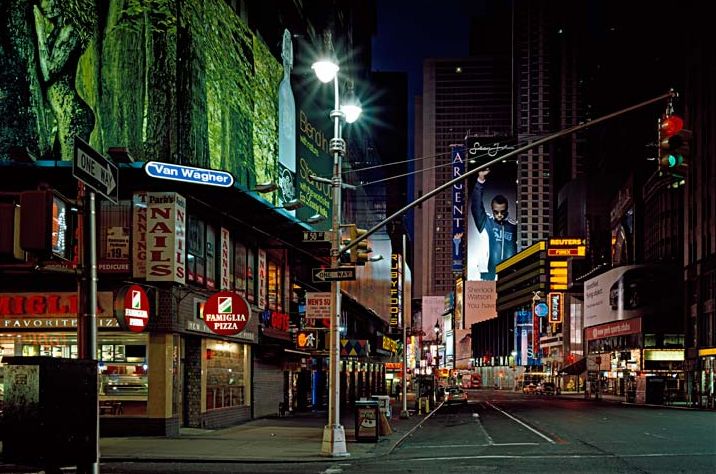 photography by dieter rehm
photography by dieter rehm
The outplacement firm assigned to me from my last job said to use this time to figure out what I want, but that suggests that I stayed in a bad place — mental and otherwise — because I was lost. I was not lost. I was trying to make something out of nothing. I have always done that. It is my life.
I want to write. But more importantly, I want to write without the fear of myself. That is holding me back. That is my greatest challenge. What happens next is a matter of confidence and purpose and overcoming the shackles of “no” and “can’t” and “impossible.”
I never cared about edits from my editor before, but each one feels like a personal attack, an affirmation of the sense of lostness one feels in a space like this.
VII
The day after I left my job, I met with my friend Sarah who also left the company at the same time I did. We sat in Lula, a quiet cafe in the Logan Square neighborhood where everyone is thin and beautiful and seemingly without a day job to tie them down. Or maybe they were like me, at a loss of what to do next, but trying my best to look the part of success.
“This is like, a really important moment for us,” I said.
“Yeah, I think I feel good about this,” Sarah said.
Sometimes I feel like I am performing confidence rather than just exuding it. I have always had to fake it until I make it. I have always had to believe in my weirdness, even if it seemed futile, because I saw everything else and I hated it. But too much performance is exhausting. Sometimes I come home and I want to crawl up on my couch and forget this whole month, but instead I keep looking, keep looking, keep looking.
“Now’s the time to figure out what we want to do with our lives. We can actually pursue it instead of going another year outside of it.”
Sarah smiled and I let out a sigh of relief. Maybe if I said these things enough, they would finally come true.
Brittany Julious is the senior editor of This Recording. She is a writer living in Chicago. She tumbls here and twitters here.
Photographs by Dieter Rehm.

 CITIES
CITIES  Friday, October 23, 2015 at 10:56AM
Friday, October 23, 2015 at 10:56AM 






 chicago,
chicago,  linda eddings
linda eddings 




































